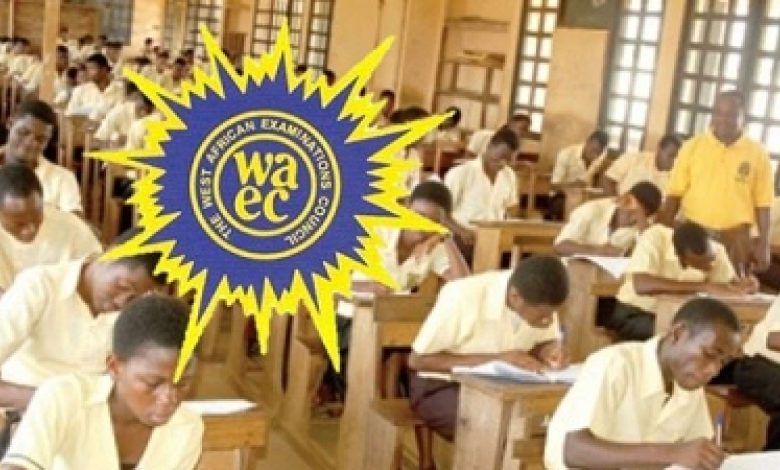
The West African Examinations Council (WAEC), Nigeria, has publicly acknowledged a significant error in the grading of the 2025 West African Senior School Certificate Examination (WASSCE) for school candidates, following a technical discrepancy linked to newly introduced exam security measures.
Speaking at a press briefing on Friday at WAEC’s national office in Yaba, Lagos, the Head of WAEC Nigeria, Amos Josiah Dangut, disclosed that a critical mistake was discovered during post-examination reviews, affecting the performance statistics of thousands of candidates.
“With deep sorrow and regret, I, on behalf of the Registrar to Council, Management, and Staff of WAEC Nigeria, apologise for the discrepancies discovered in the grading of serialised papers. This is a very difficult admission for us, but we must take responsibility,” Dangut stated.
The Grading Flaw
According to Dangut, the council had deployed a new security innovation called paper serialisation a system already used by another national examination body to prevent malpractice. However, it was later discovered that a wrongly assigned serial code file caused the English Language Objective Test (Paper 3) to be marked with incorrect answer keys.
Other subjects affected by serialisation include Mathematics, Biology, and Economics, though WAEC clarified that the error was limited to paper-based exams. Candidates who took their exams via computer-based testing were unaffected.
“We traced the issue to a mismatched serialisation code file used during the printing of the English paper. As a result, scripts were scored inaccurately. Thankfully, we have now corrected the error,” Dangut explained.
Corrected Results: Major Improvement in Performance
Following the review, performance statistics saw a notable shift:
- 1,794,821 candidates (91.14%) obtained credit and above in at least five subjects (with or without English and Mathematics).
- 1,239,884 candidates (62.96%) secured five credits including English and Mathematics, a considerable improvement from the previously reported 38.32%.
Gender breakdown of candidates who obtained five credits including English and Mathematics:
- Female: 657,819 (53.05%)
- Male: 582,065 (46.95%)
Despite the improvement, the result still reflects a 9.16% decline compared to the 72.12% recorded in 2024.
Other Key Statistics
- A total of 1,969,313 candidates sat for the 2025 WASSCE, including students from schools in Benin Republic, Côte d’Ivoire, and Equatorial Guinea, where the Nigerian curriculum is in use.
- 12,178 special needs candidates participated, including:
- 112 visually impaired
- 615 hearing impaired
- 37 physically challenged
- 52 spastic/mentally challenged
WAEC confirmed that all special needs candidates were adequately accommodated and their results have also been processed.
As of now, 1,763,470 candidates (89.55%) have had their results fully processed. However, 205,916 candidates (10.45%) still have one or more subjects pending due to technical issues, which the council says are being addressed.
Malpractice Cases and Withheld Results
WAEC also revealed that results of 191,053 candidates (9.7%) have been withheld over allegations of examination malpractice lower than the 11.92% recorded in 2024. Investigations are ongoing, and affected students can lodge complaints via waecinternational.org/complaints.
“We will not tolerate examination malpractice in any form. WAEC will continue to investigate and penalise offenders accordingly,” Dangut warned.
Accessing Results and Certificates
WAEC advised candidates to check their results via www.waecdirect.org. Digital certificates can be accessed within 48 hours of result verification, while hard copies will be available within 90 days.
However, students sponsored by indebted state governments will not be able to access their results until WAEC receives outstanding payments.
“We appeal to relevant state authorities to resolve these debts urgently so that affected students can obtain their results,” said Dangut.
A Formal Apology and Pledge for Reform
Dangut issued a heartfelt apology to candidates, parents, schools, education ministries, and the media for the confusion and anxiety caused by the grading error.
“We deeply regret the emotional stress this has caused. This has been an extremely difficult period for us at WAEC, and we are committed to ensuring such an incident never happens again,” he said.
WAEC also extended gratitude to the Federal Government, Ministry of Education, and state education boards for their support throughout the review and correction process.





